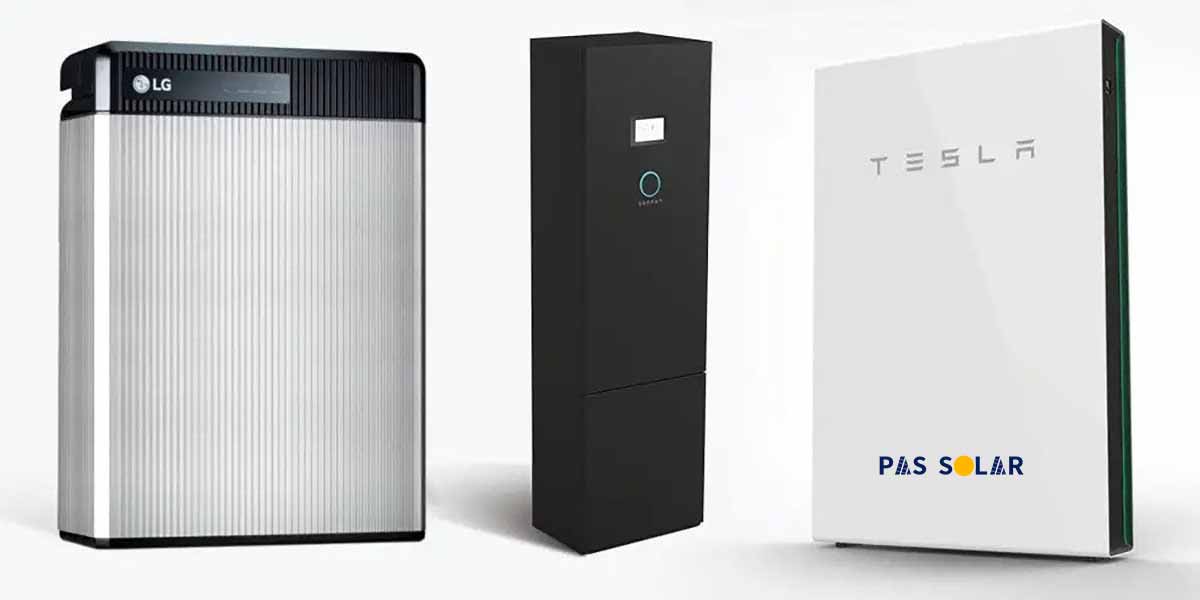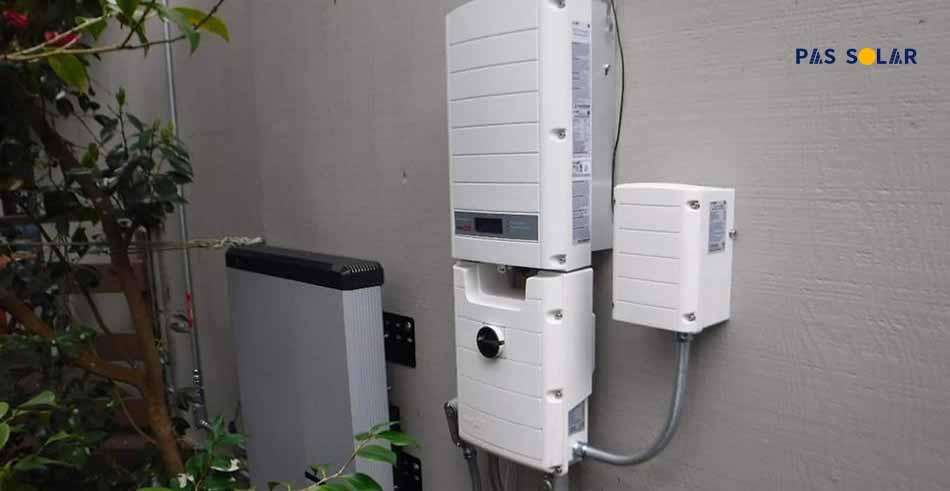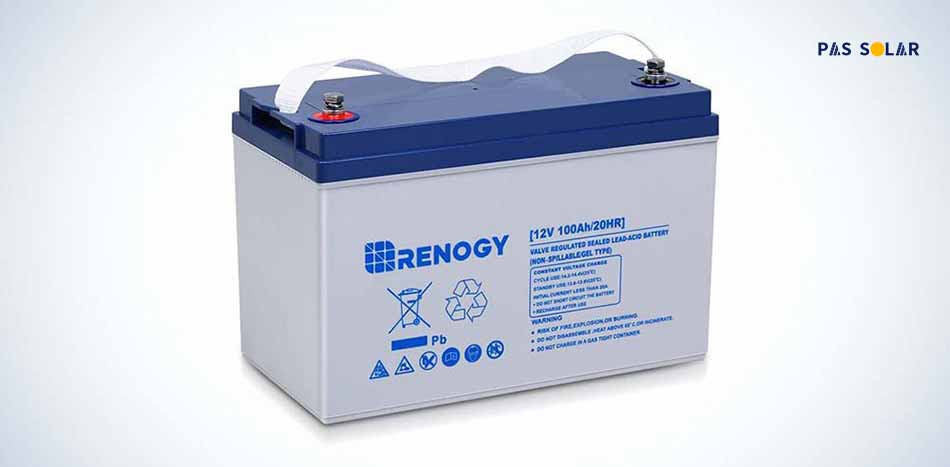Solar power storage also called a solar battery, allows you to capture electricity, so you can use it at a later time. For example, you can store the power that your solar panel in Dubai produce throughout the day and use it at night when you need it the most.
This relatively new technology may be worth considering if you generate your power at home with solar panels, but could use more outside of daylight hours, or plan to start doing so. Read on to learn about solar power storage, how much it costs, and the pros and cons of batteries.
Can solar panels store energy for later use?
That’s the question most people ask us. If you have solar PV panels or plan to install them, using home batteries to store the electricity you’ve generated will help you maximize the amount of renewable energy you use. 60% of people who have, or would consider, a home battery told us the reason was that they could use more electricity generated by their solar panels.
Home energy storage will also reduce the electricity you use from the grid and lower your energy bills. If your home is off the grid, you can help reduce the use of fossil fuel backup generators. Even without solar panels like the Longi solar panels UAE, you may want to take advantage of time-of-use rates with a solar storage system. These allow you to store electricity while it’s cheap (overnight, for example) so you can use it during peak hours.
Some power companies have already launched them, and we expect to see more of them, as they can help balance power supply and demand and reduce the need for additional fossil fuel generation at peak times. If, for instance, it is a windy night and a lot of wind turbines are producing power for the grid that no one is using, it’d be reasonable to take advantage of that with battery storage.
If you’re home during the day and already using a lot of the electricity you generate through solar panels, or diverting surplus electricity to heat water (for example), a battery may not be right for you.
This is because home energy storage will cost you upwards of $2,000, so you’ll need to make sure it’s a worthwhile investment, and you’ll get your money’s worth on your energy bills. With electricity from the grid currently very expensive, payback times can now be quicker than you think.
If you’re looking to save money by installing solar power storage, read on for our first impressions of the energy storage systems available now. Another good question to ask yourself is “do solar panels store energy for night use?”, and the answer is yes. Using solar power storage, you can store electricity to be used at night. Before you even consider electricity storage, make sure your house is as energy efficient as it can be.
What size solar storage battery do I need?
A typical household in Dubai consumes about 8 kWh of energy each day. The capacity of the new lithium-ion batteries ranges from 1 kWh to 15 kWh. But how do solar panels store power in batteries?
Ideally, you want a solar panel energy storage battery that covers your afternoon and evening electricity use, ready to charge again when the sun comes up. You’ll also need to consider how much your solar panels can generate, as there’s no point in buying a battery that’s bigger than it can fill.
With a battery that is well-chosen for your home’s power use and the output of your solar panels, you should find that you can have enough electricity to meet your nightly needs for most of the year. You may find that you are still using mains electricity during some of the longest winter nights. You will need to speak with a battery installer to discuss the right size for your home.
Can I save money with a solar battery?
When we polled our customers in 2019 about their solar panels, 106 of our 1,987 respondents had solar power storage. 25% paid less than $3,000 for their battery system, while 41% paid between $4,000 and $7,000 (excluding the cost of the PVs themselves).
Installing a home energy storage system is a long-term investment to make the most of solar-generated power and help lower your energy bills because solar panel store energy in battery systems.
Financing of solar power storage
While prices for solar batteries are coming down, it is still a considerable investment. The best option is to pay for the battery in advance with your savings. If you don’t have the cash to do this, you might consider a loan. Remember, though, that you’ll have to pay interest on the money you borrow, so make sure the gains from battery storage outweigh this.
If you live in Scotland, the government offers interest-free loans to homeowners to finance energy-saving improvements, including energy storage. You can borrow up to $15,000, which you must repay within 10 years. See Energy Saving Trust Home Energy Scotland for more information.
Before installing a home solar power storage
Consider whether you are generating enough electricity that you are not using to make adding solar power storage to an existing solar panel system worthwhile. So, the question here is, does a solar cell store energy? Not all systems are suitable if you want to protect yourself from power outages with domestic solar battery storage.
Ask for quotes from more than one solar shop in middle east on installation costs and estimated savings. Ask them to clarify their numbers to you, and question anything you are not sure about.
Check that your installer is registered with the Renewable Energy Consumption Code (RECC), which now covers storage. This means that they are registered to a high standard of conduct, which includes providing good information about your installation. You also have access to RECC’s complaint process if something goes wrong.
In the meantime, the Microgeneration Certification Scheme is coming up with a certification for battery storage systems. They claim this will guarantee consumer satisfaction.
Should I get solar panels to install a solar battery?
No. You can charge a home solar battery storage system with the electricity you buy from the grid. If you have a time-of-use electricity rate, you can save money by charging your battery when electricity is cheapest and using energy from your solar storage battery, so you don’t buy from the grid at costly peak times.
But most people still don’t have airtime fees. These will become more widely available as smart meters are rolled out, as smart meters will make it easier for energy companies to see exactly when you have used energy. Economy 7 and Economy 10 are traditional time-of-use rate types, typically linked to heating solar power storage.





